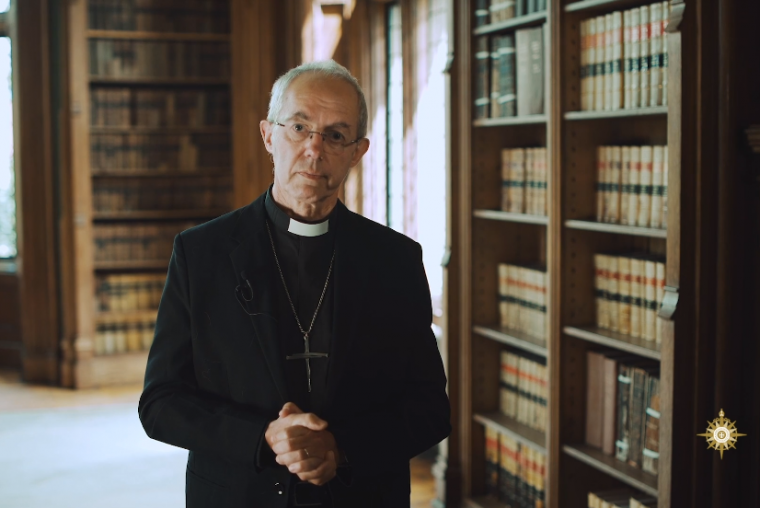Recently, the resignation of Justin Welby, Archbishop of Canterbury, over his role in covering up child sexual abuse has once again placed the ecumenical church in the public eye. Critics of the church have responded with sarcasm, while many Christians struggle to accept this reality.
Over the past decade, scandals have plagued the ecumenical church. Sexual abuse allegations have surfaced in Catholic, Baptist, and other denominations in the U.S., Canada, and France. In Asia, prominent pastors in countries like South Korea and Singapore have been imprisoned for financial corruption. These incidents raise a troubling question: why is there so much sin in the church? Should God’s community be like this?
Some believers, disheartened by these events and their own unsatisfactory church experiences, find their faith wavering. For instance, a young pastor shared with me that a staff worker at their church had left the Christian faith after encountering numerous disappointments. They felt God had failed to protect His church, allowing such sin to persist.
In reality, sin has existed in the church since its inception. Jesus never described the church as a sanctuary free of sin but rather as a place where wheat and weeds coexist. Within the church are followers of Christ as well as those who disrupt and undermine His work. Even among Jesus’ twelve disciples was Judas Iscariot, who betrayed him.
The church is both sacred and worldly; it is composed of humans who were born with original sin. Human nature is weak and prone to actions that contradict faith. Augustine identified three primary human desires: power, money, and sex. The sins of the church throughout its 2,000-year history are closely tied to these desires. Such transgressions have occurred in every era.
From a spiritual perspective, Satan actively seeks to thwart God’s work. Stirring up sin and strife within the church is an effective strategy. The complexity of the church increased, making it a prime battleground for spiritual warfare, with some inevitable sin.
But why does God permit sin in the church? He grants humans free will, enabling people to choose their actions, including whether to worship or oppose Him. Additionally, God, in His mercy, often gives sinners an opportunity to repent, delaying immediate judgment.
God deals with evil in the church in two ways. First, as seen in the story of Eli’s sons during Samuel’s time, He punishes sinners in that time. Second, and more commonly, He reserves judgment until the end of the age. Thus, God does not ignore sin within the church but temporarily tolerates it out of respect for free will and to give people time to repent. Moreover, isn’t the exposure of these scandals over the past decade evidence of God purifying His church?
For Christians, we cannot easily eliminate sin in the church, as it stems from human weakness. However, the crucial point is to walk steadfastly in God’s truth, regardless of the church’s condition, to attain ultimate glory. If we are burdened for the church, we can commit to regular prayer, asking for its preservation and for it to continue to bear witness to God despite the presence of sin.
(Originally published by the Christian Times, the article has been edited under permission and the author is a believer at a church in Fuzhou, Fujian. )
- Edited by Karen Luo, translated by Abigail Wu












